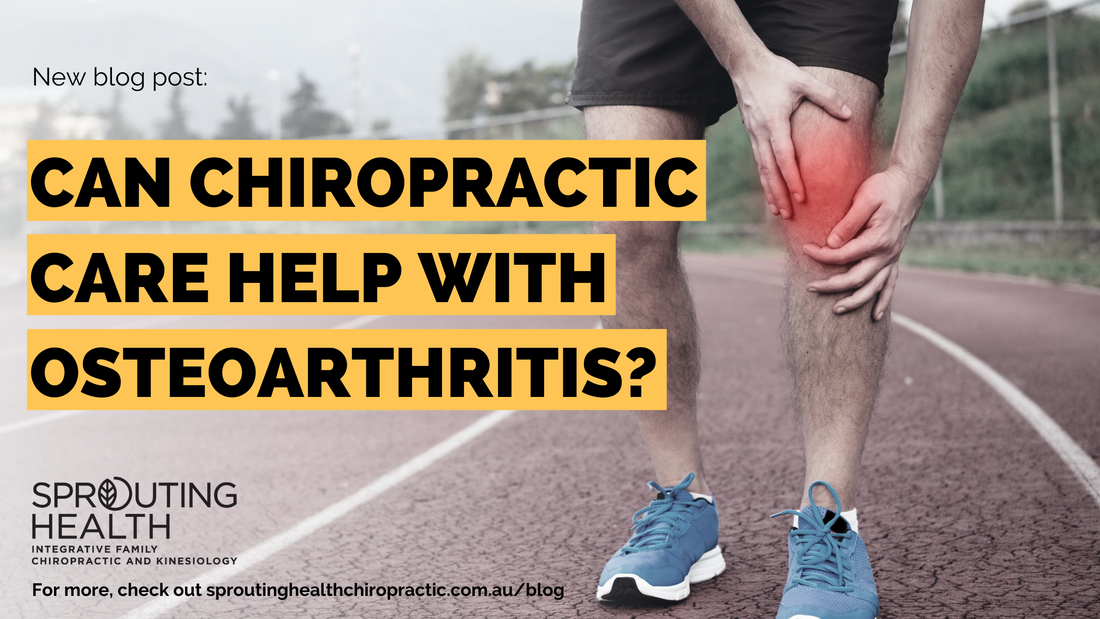|
Knee and hip osteoarthritis are the twelfth leading cause of global disability (8). OA was the eighth leading cause of the US health expenses in 2016 (8). In countries like Canada, 4 million individuals have OA where 122,000 knee and hip replacements are performed annually (3).
Both the Osteoarthritis Research Society International (OARSI) and American College of Rheumatology (ACR) published new guidelines for non-surgical management of knee and hip OA (2&5). These guidelines include self-management strategies, exercise, and weight loss for overweight individuals. Manual therapy has not been included in the OARSI guideline due to the lack of supporting evidence. Manual therapy is a collection of therapeutic interventions used by chiropractors and physiotherapists in the management of OA. The current lack of high-quality evidence prevents manual therapy from being the core treatment for OA (4). However, the National Institute of Health and Care Excellence (NICE) and the US Bone and Joint Initiative recognize the potential effectiveness of manual therapy (6&7). A recent review on manual therapy found improvements in pain and physical function in the short and long term for patients with OA (4). A systematic review, specifically for knee OA, reviewed 11 RCTs that concluded that the effects of manual therapy with and without exercise provide short-term benefits on pain levels, functional disability, range of motion and physical performance (1). There were other studies on the effectiveness of manual therapy showing effective symptom improvement for people with OA.However, these results can’t be considered conclusive due to the limitations each study had. If you would like to know more about this condition, feel free to contact us here at Sprouting Health Chiropractic. References
0 Comments
Leave a Reply. |
AuthorBlogs by the team at Sprouting Health Archives
July 2024
Categories |


 RSS Feed
RSS Feed
